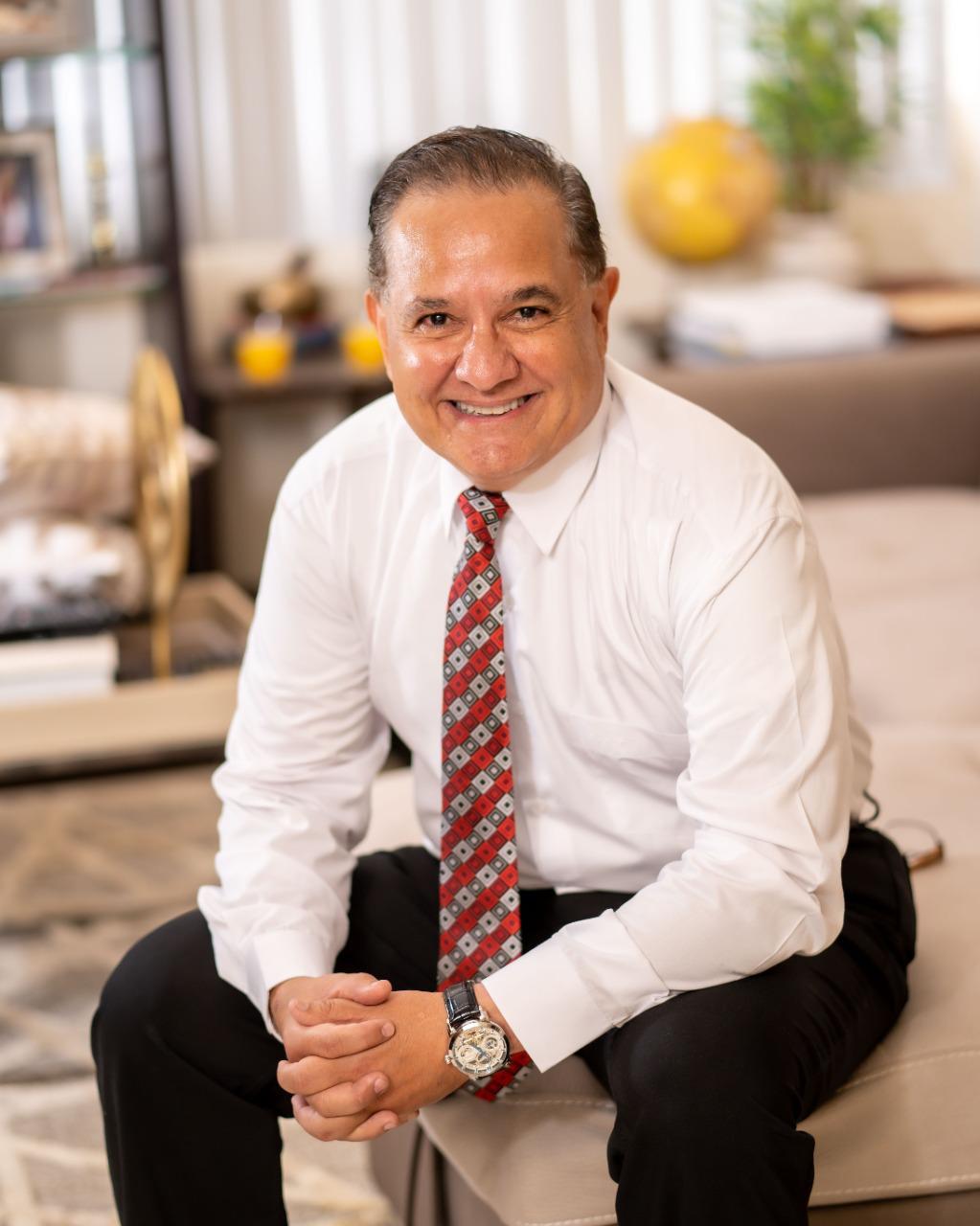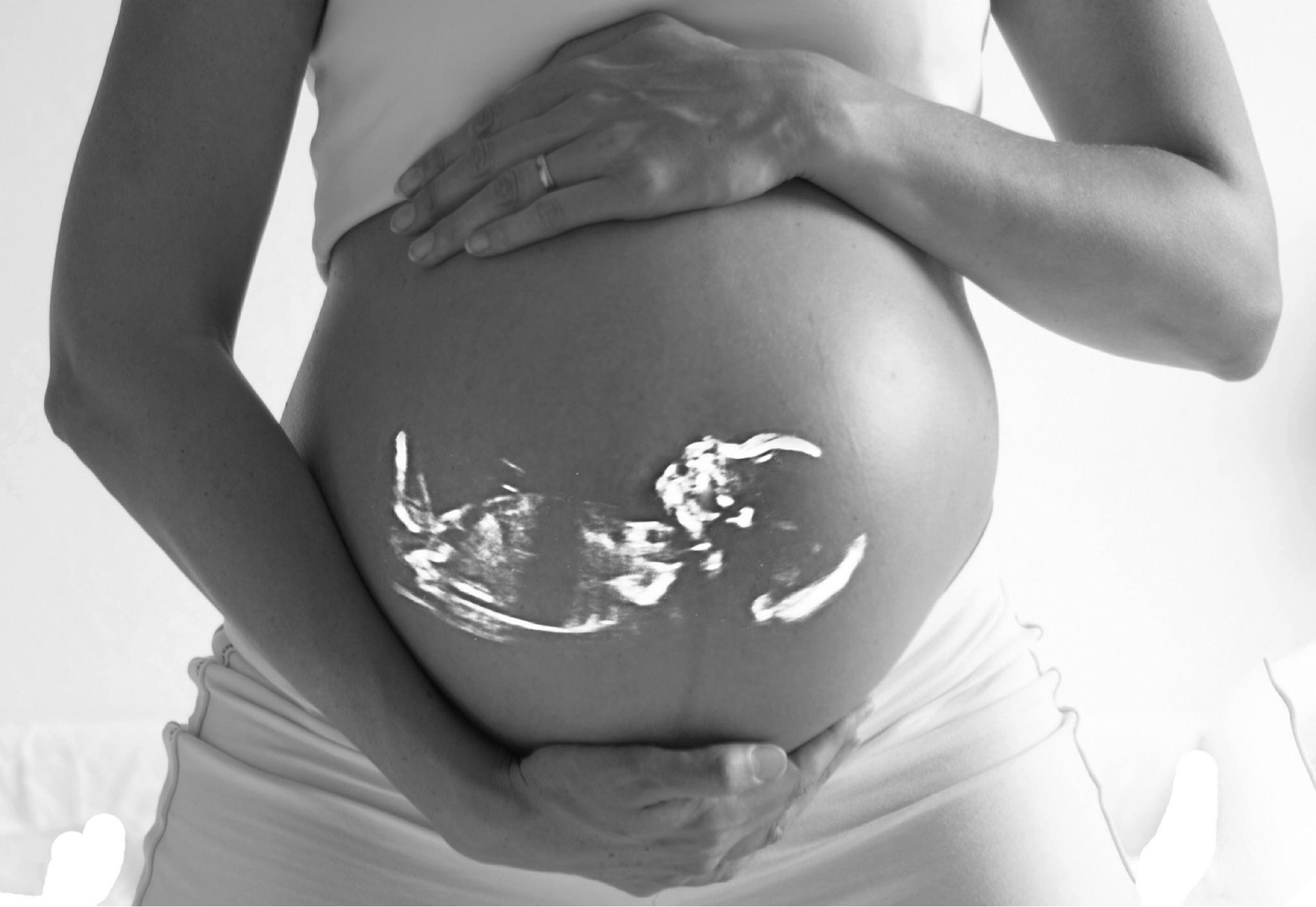Unborn children will have further protections under the law if a bipartisan measure in the Guam Legislature succeeds. The introduction of Bill No. 291-36 attaches Guam to a growing national debate that many legal observers believe may overturn or substantially alter the 1973 landmark case Roe v. Wade. Gov. Lou Leon Guerrero already has tried to kill the bill, according to several sources.
“The primary purpose of ‘The Guam Heartbeat Act of 2022,’ is to give the people the authority to initiate a certain legal action against any physician or any person that performs or induces abortion after a fetal heartbeat has been detected,” bill author Sen. Telena Nelson said. Her co-author, Sen. Chris Duenas, appealed to the governor, who has staunch pro-choice views, to consider testimony from the public and to keep her mind open.
The Guam Heartbeat Act of 2022 will allow private citizens to sue an abortion provider for aborting, or aiding and abetting the abortion of a fetus medically-determined to have a heartbeat. An exception is made for the protection of the health and life of the mother. According to the legislation, no government official may bring an action against an abortion provider.
A similar statute by the State of Texas already has gone through the legal wringer and come out unscathed. The U.S. Supreme Court refused to hear the case on appeal from the U.S. government, recognizing that the law does not task government officials with enforcing its prohibition on abortion after a fetal heartbeat is detected.
Since 1973, it has been unconstitutional for states and territories to enact statutes that get in the way of pregnant women seeking and receiving abortions before their babies’s fetal age of viability. That is normally around the twenty-third week of pregnancy. The proposed Guam statute, similar to the Texas law, would require abortion doctors to test first for a fetal heartbeat, and if one is detected, subject them to damages in court for aborting the child. A fetal heartbeat normally is detected around the sixth week of pregnancy.
“The Catholic Church takes very seriously, its responsibility to speak on behalf of the voiceless and most vulnerable among us,” Archbishop Michael Byrnes wrote in testimony in favor of the bill. “Protecting children is an intrinsic part of who we are. The obligation to safeguard unborn children belongs to all human beings, not only Christians or people of religion.”

Nelson and Duenas said at a news conference Friday afternoon, when they explained their legislation to the public, that they had worked on the measure for months with attorney Peter R. Sgro, Jr. Mr. Sgro explained why he is confident the bill, if it becomes law, will pass constitutional muster.
“The Constitution exists to protect people from the government, and not to settle disputes between private parties,” Mr. Sgro said. “In this case with this bill, it specifically says that no government official can take action. There’s no cause for action against this legislation, because the government won’t be violating anyone’s rights.”
The attorney added that while private citizens can bring action against the people who performed or induced the abortion, the woman cannot be sued.
“Nothing is so powerfully absolute as the Word of God describing the sacredness of His creation,” Archbishop Byrnes wrote in his testimony. “Yet tragically, since the inception of Roe vs. Wade in 1973, millions of unborn children have been – and continue to be – considered unnecessary and therefore diminished, discarded and destroyed through abortion.”
The discarding of children — both unborn and born — was the focus of one of the news conference panelists, Bethany Taylor. Ms. Taylor and her husband lead Harvest House, a non-profit organization dedicated to taking in unwanted and abused children, and placing them in foster care.
“In the 13 years I have been a foster parent on island, I have used every opportunity to speak out for the vulnerable children on our island,” Ms. Taylor said in her testimony. “I plead for people to visualize the faces, the names, and the stories of the abused, abandoned, and neglected children who have no voice. I tell of the significance of their lives and the truth that every child matters. Today, I speak out for the unborn, the most vulnerable, the ones who are totally dependent on another individual to care enough about them to allow them to survive. They too have a heartbeat that matters. They too have a future that should not be cut short because of another person’s choice.”
Kandit will feature more of Ms. Taylor’s story in our upcoming issue of Spotlight.






